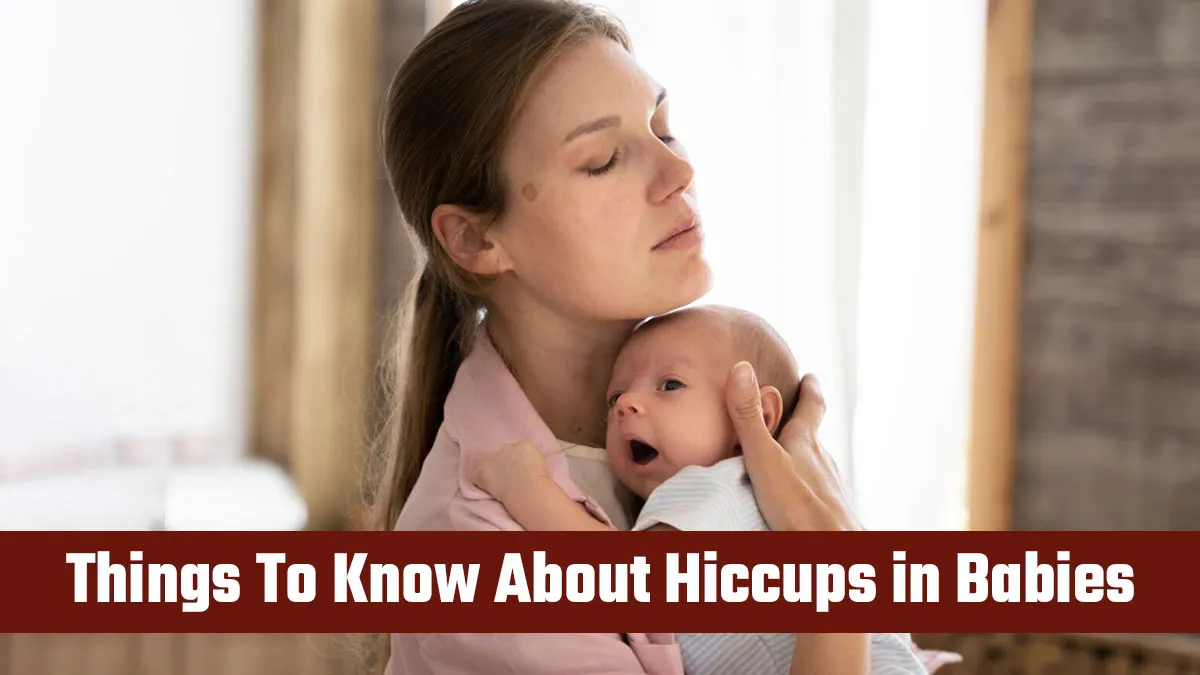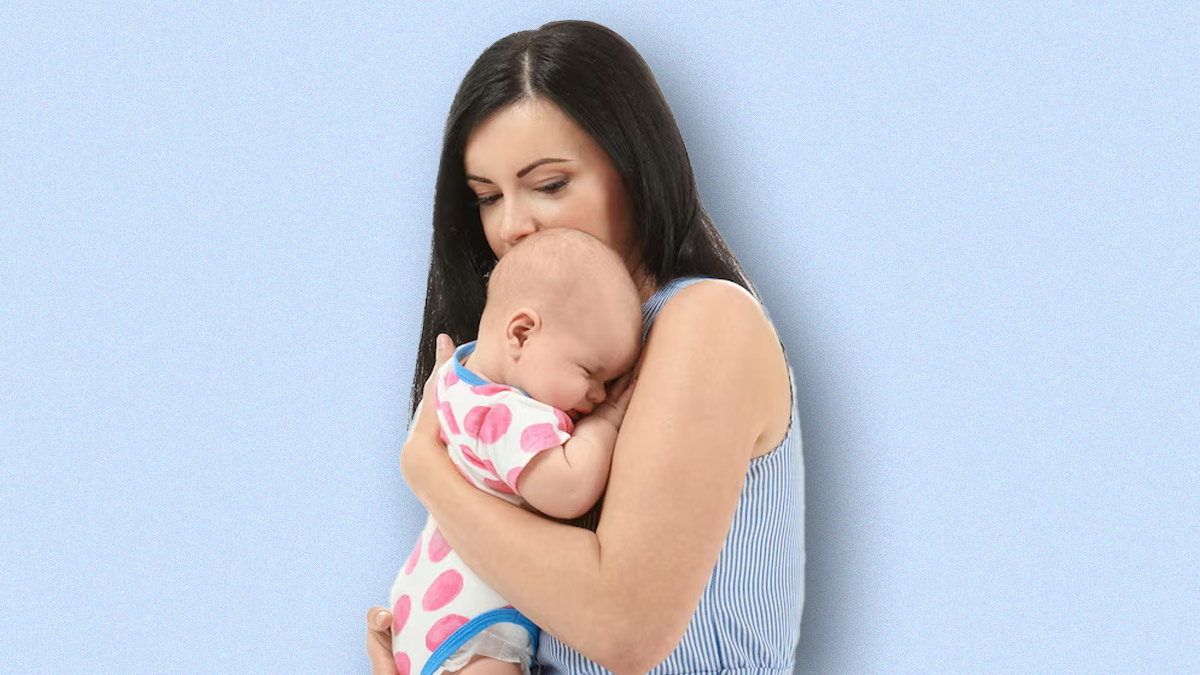
New parents often find themselves puzzled by their newborn’s frequent hiccups. Those tiny, rhythmic spasms can seem alarming at first, especially when they occur multiple times a day. But are hiccups normal in newborns? The short answer is yes. Hiccups are not only common but usually harmless. In fact, babies can start hiccuping even before birth, with many mothers noticing these gentle kicks in the womb during pregnancy. While hiccups rarely indicate a health concern, understanding why they happen and how to manage them can ease parental worries. Let’s explore the science behind this phenomenon, learn practical tips to soothe your baby, and debunk common myths.
Table of Content:-
Why Do Newborns Get Hiccups?
View this post on Instagram
Dr Devendra Dangar, Pediatrician, Newlife Children's Hospital, Kutch, explains: “Hiccups occur due to sudden contractions of the diaphragm. It is a thin muscle between the lungs and stomach. In newborns, this muscle is still developing.” Here’s why hiccups are so common in infants:
- Immature Diaphragm: A newborn’s diaphragm is still maturing, making it more sensitive to spasms.
- Swallowed Air: Babies often gulp air during feeding, causing stomach distension that irritates the diaphragm.
- Overfeeding or Fast Feeding: A full stomach presses against the diaphragm, triggering hiccups.
“These factors are part of normal development,” assures Dr Dangar. Hiccups are rarely a cause for concern.
ALSO READ: Why Do Babies Put Everything in Their Mouths? Expert Shares When Do Babies Start Mouthing
What Can Parents Do to Soothe Hiccups?
-1743409252774.jpg)
While hiccups resolve on their own, these simple steps can help:
- Burp Your Baby: Gently pat their back for 10–15 minutes after feeding to release trapped air.
- Hold Them Upright: Keep your baby vertical for 20 minutes post-feed to reduce stomach pressure.
- Pace Feedings: Offer smaller, frequent meals to prevent overloading their tiny stomach.
- Avoid home remedies like pulling the tongue or startling the baby. These can do more harm than good.
What Does Science Say?
A 2020 study published in the Journal of Pediatric Gastroenterology and Nutrition tracked 200 infants and found that 82% experienced daily hiccups, peaking at two–four months old. Researchers noted that hiccups decreased as babies grew, linking this to diaphragm maturation. The study confirmed that hiccups don’t affect growth or development, reassuring parents they’re a normal phase.
When Should You Worry?

While hiccups are typically harmless, consult a paediatrician if:
- Hiccups last over two hours.
- They interfere with feeding or sleep.
- Your baby vomits, coughs, or shows breathing difficulties.
Persistent hiccups paired with other symptoms could signal reflux or nerve issues. Always trust your instincts and seek help if worried.
ALSO READ: How To Burp Your Newborn Baby: Easy Tips For A Happy Tummy Of Toddlers
Myths vs. Facts
- Myth: “Sugar or lemon drops cure hiccups.”
- Fact: These can choke infants. Stick to safe methods like burping.
- Myth: “Hiccups mean the baby is cold.”
- Fact: Temperature doesn’t trigger hiccups—overfeeding or air intake does.
Conclusion
Hiccups in newborns might seem worrying at first, but they're simply a normal part of your baby's development. Those tiny spasms are usually harmless and tend to fade as your little one grows. While it's natural to want to stop them immediately, remember that hiccups don't bother babies as much as they bother us adults. Instead of stressing, try simple solutions like proper burping and paced feedings. If hiccups ever seem excessive or concerning, don't hesitate to check with your paediatrician for peace of mind.
Also watch this video
How we keep this article up to date:
We work with experts and keep a close eye on the latest in health and wellness. Whenever there is a new research or helpful information, we update our articles with accurate and useful advice.
Current Version